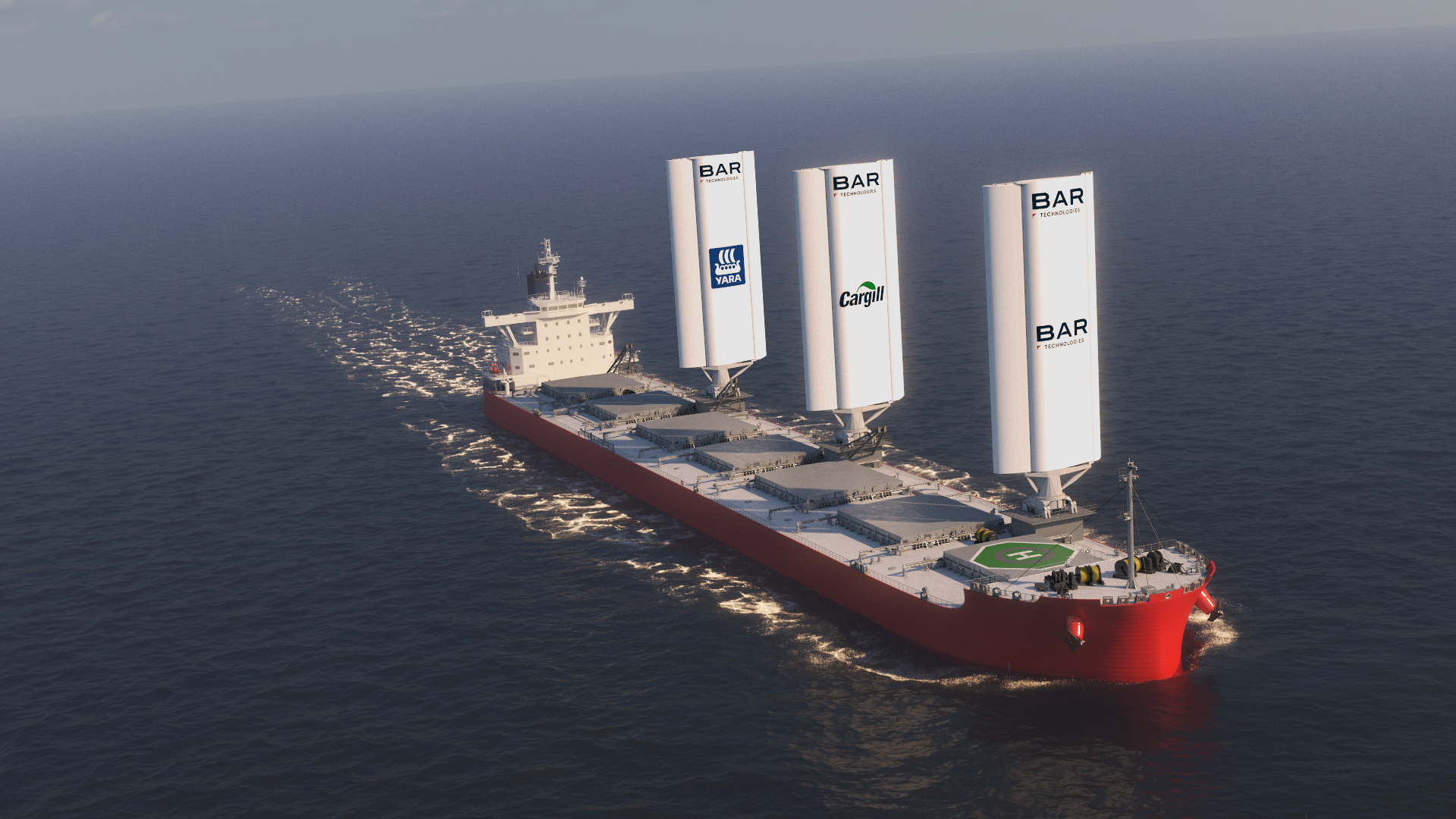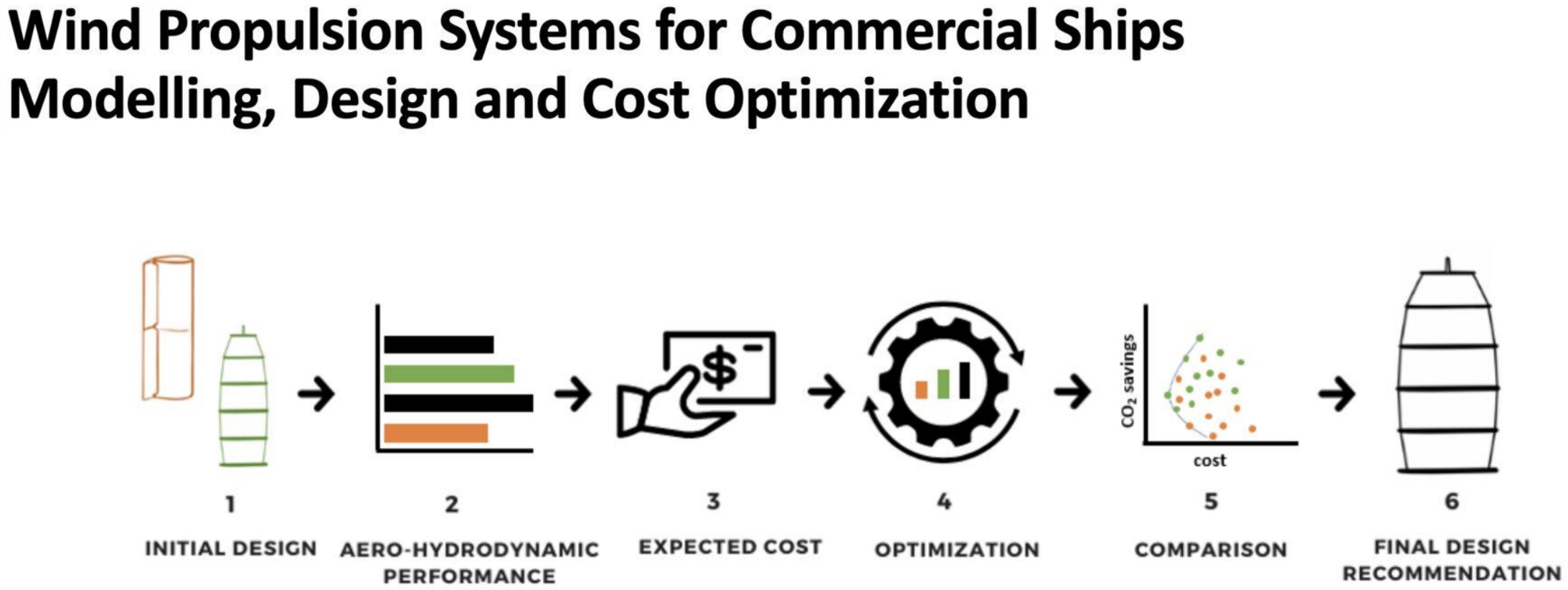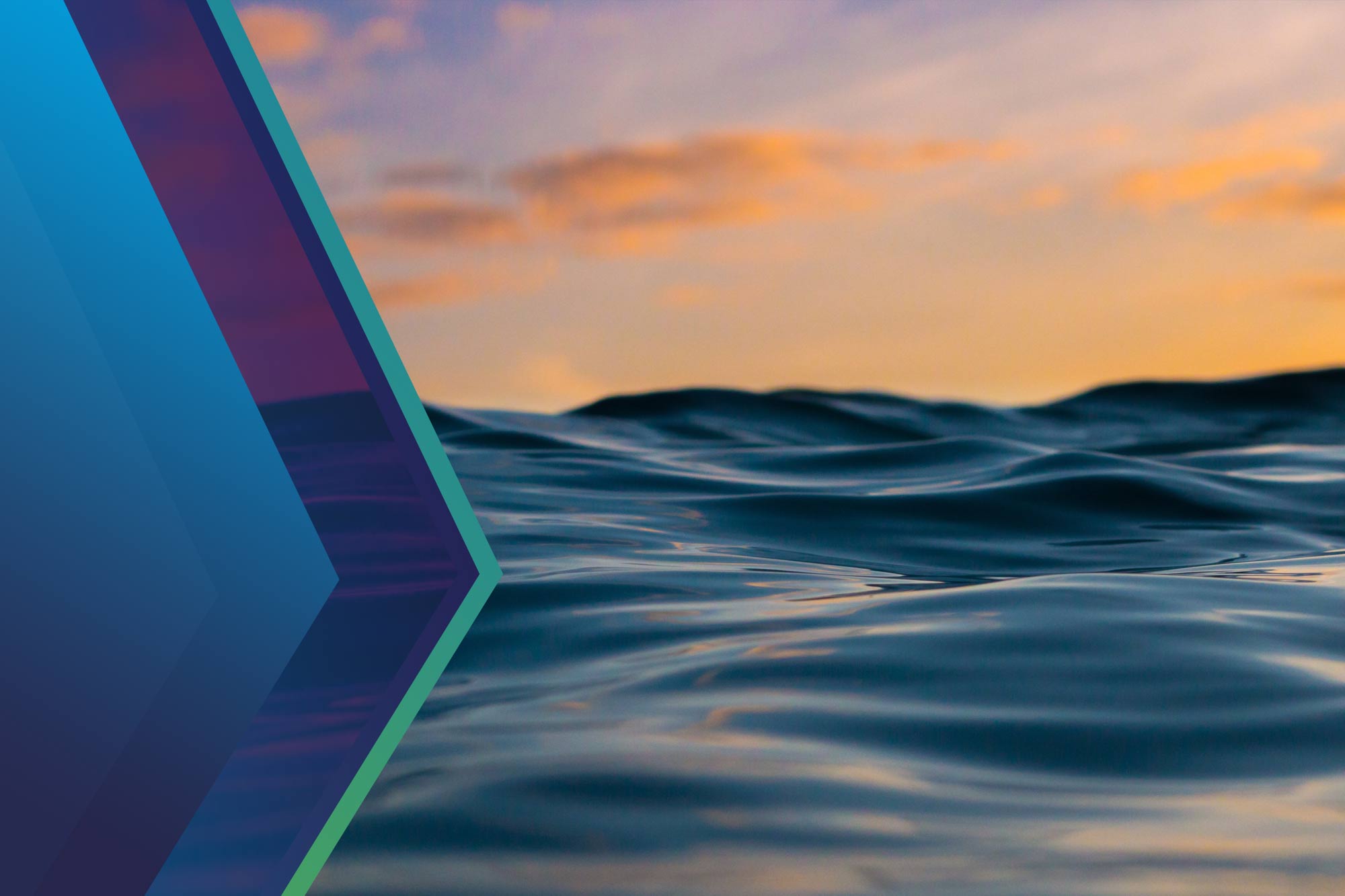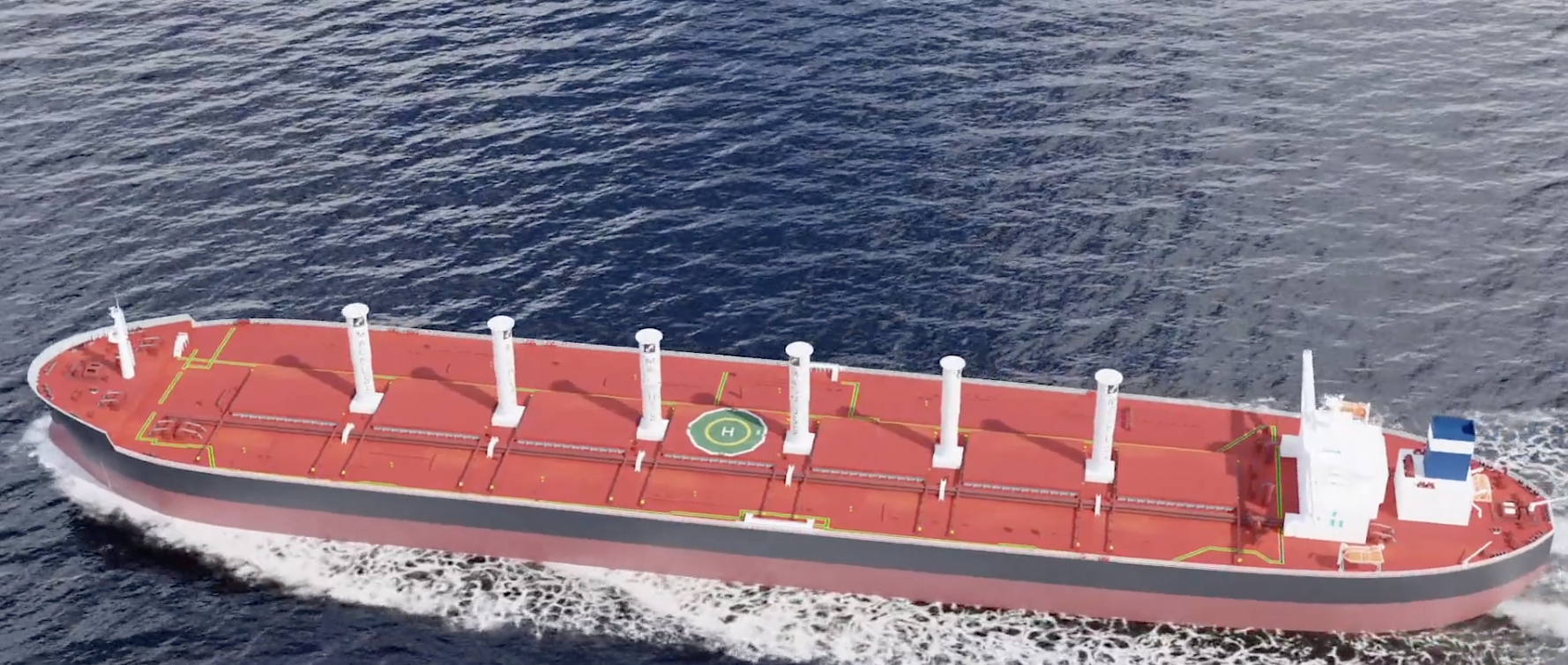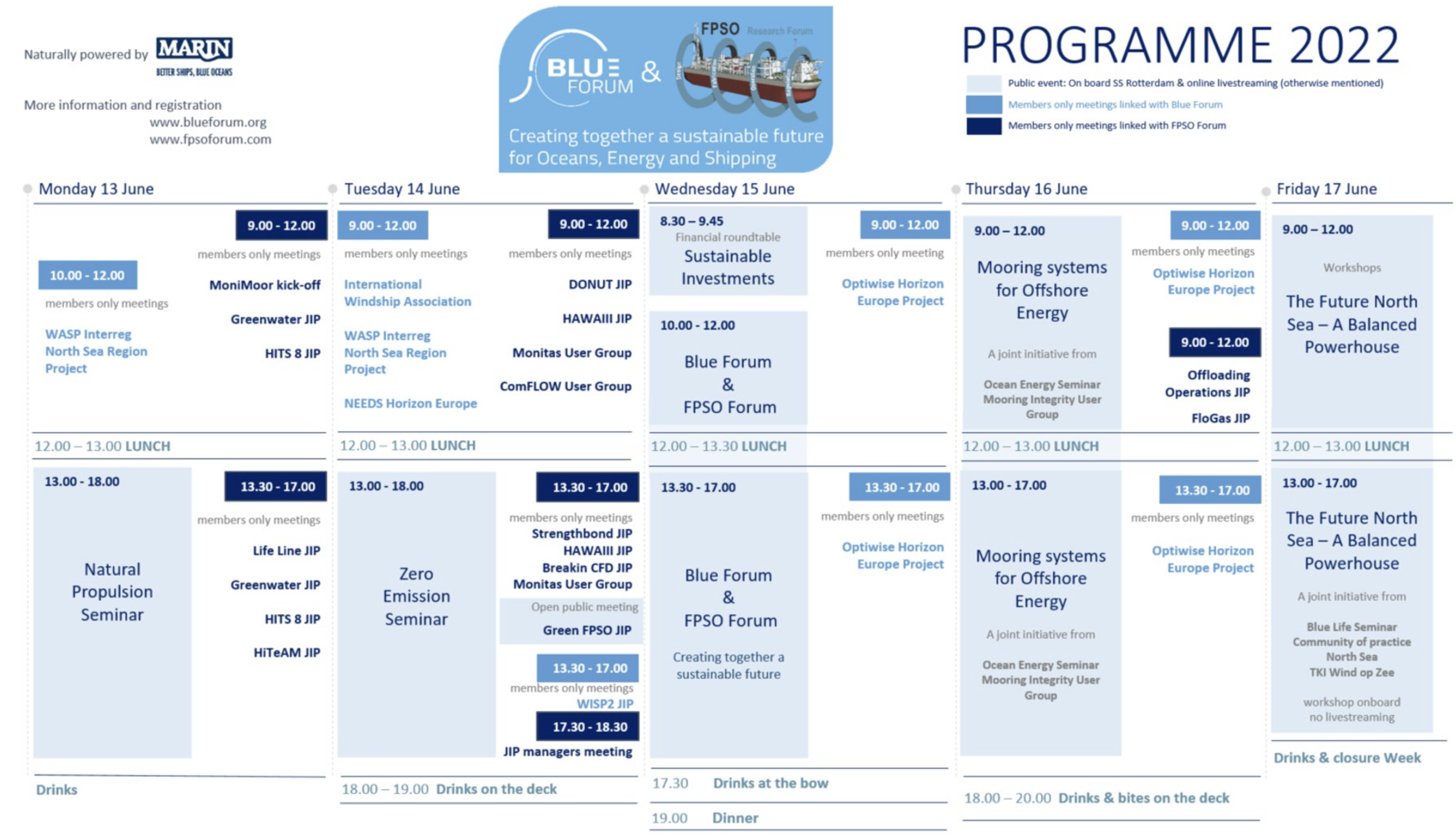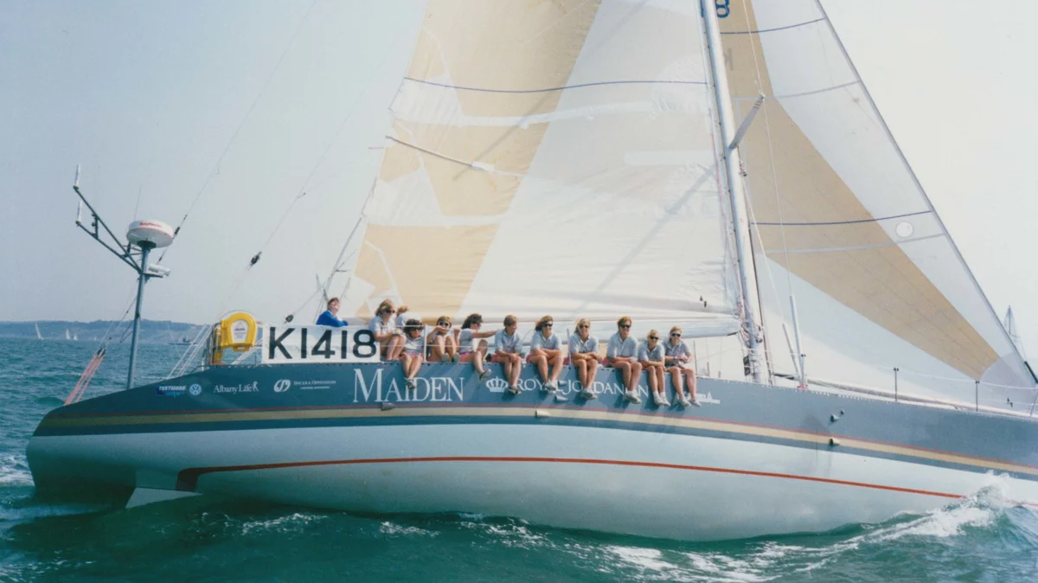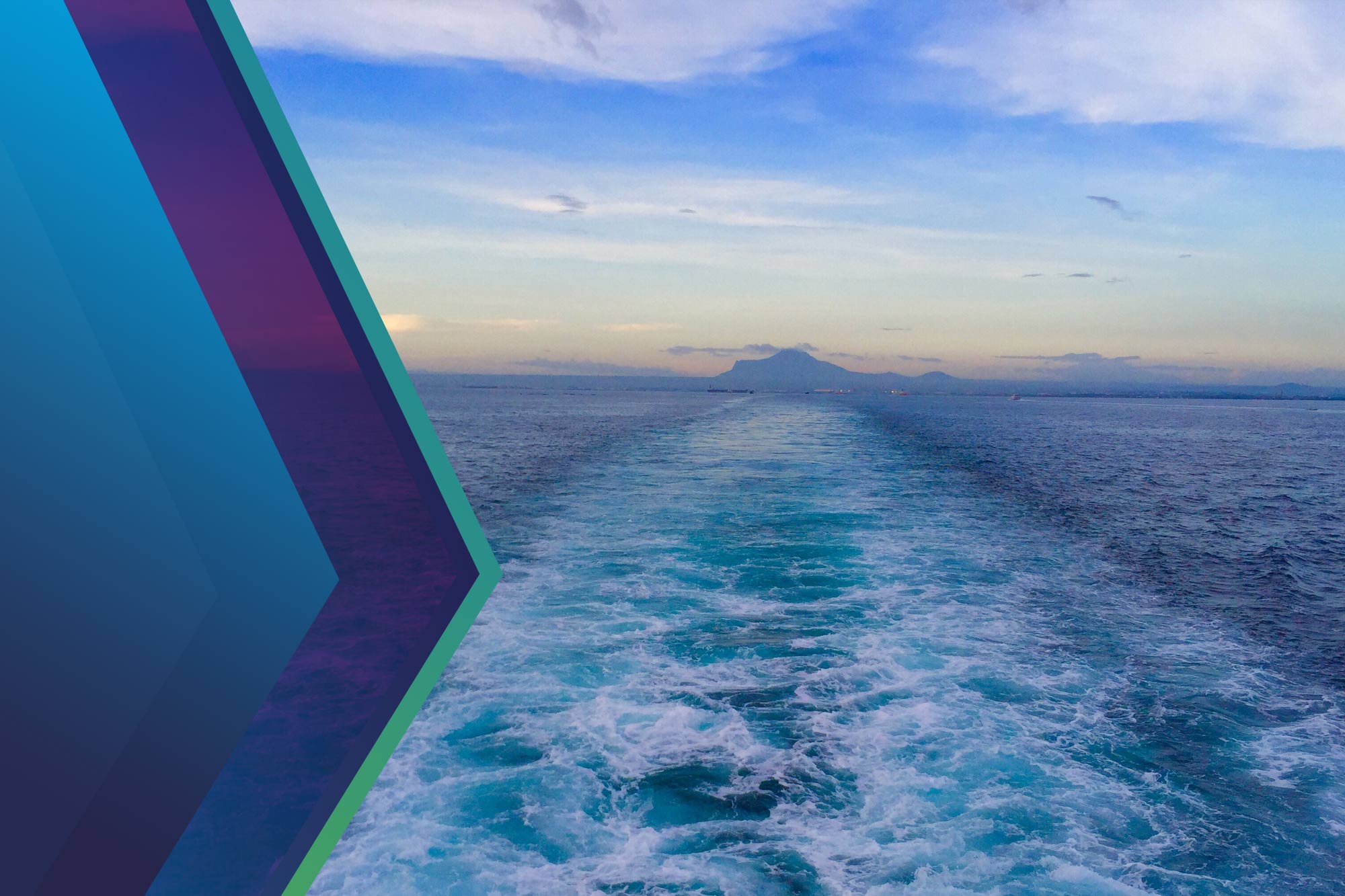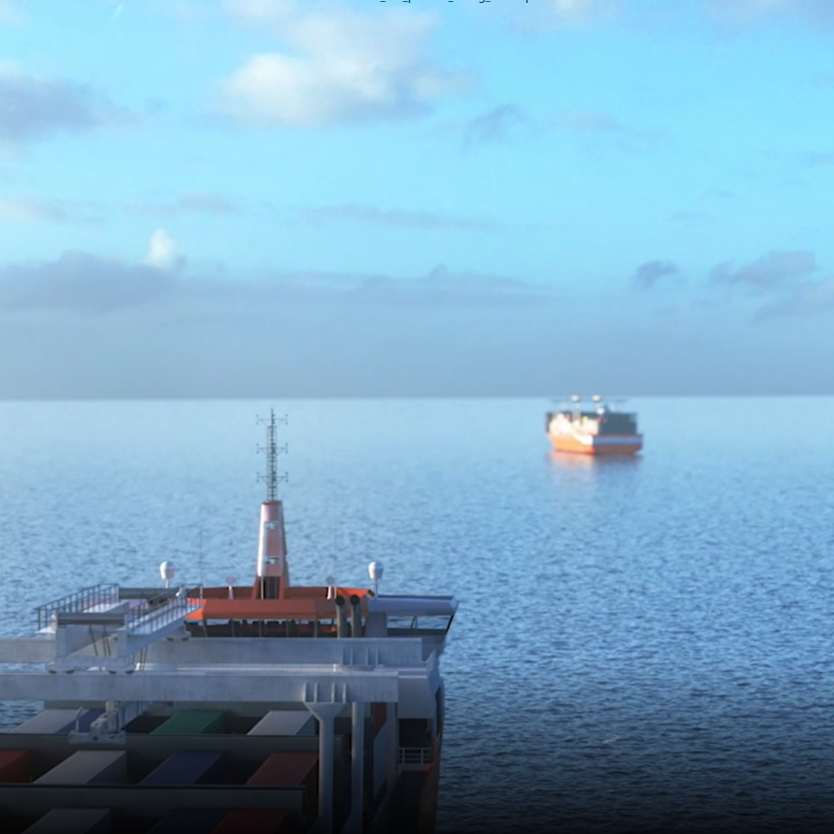This week’s episode is about performance sailing and how innovation in yacht racing can be transferred to maritime shipping, making it more efficient and cleaner.
We are delighted to receive John Cooper, who is the CEO of BAR Technologies, a company that is at the forefront of maritime innovation.
Cooper joined BAR Technologies as CEO In October 2019, swapping automotive technology for marine technology. At the end of 2020, Cargill announced a promising partnership with BAR Technologies to combine world-class yacht racing design and technology using wind propulsion to reduce carbon emissions.
BAR Technologies is invested in becoming a key player in cutting emissions in the marine industry and has resulted in the development of their WindWings technology. WindWings combines wind propulsion with route optimization and depending on if the installation is a retrofit or combined with a fully optimized newbuilt hull, it could increase the fuel efficiency of vessels in excess of 30%. BAR has already secured 2 signed contracts for work on new vessels using WindWings.
BAR Technologies has also patented FOSS (Foil Optimisation and Stability System), which combines hydrofoil technology with hull hydrodynamic optimization. The resulting system achieves significant hydrodynamic efficiency gains while actively improving handling and sea keeping. Join us as we discuss methods of achieving significant fuel savings and optimization for all types of vessels.

